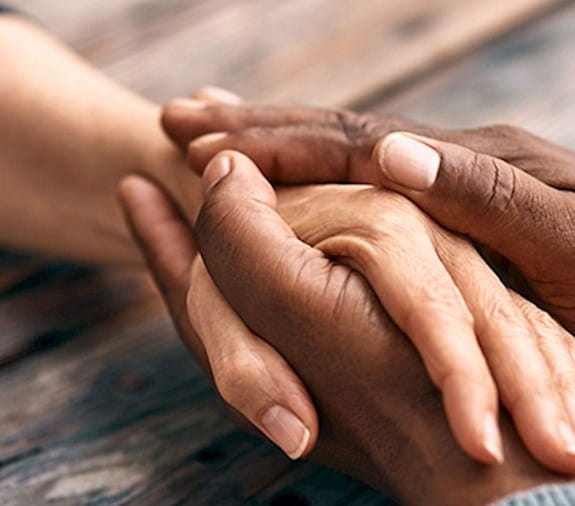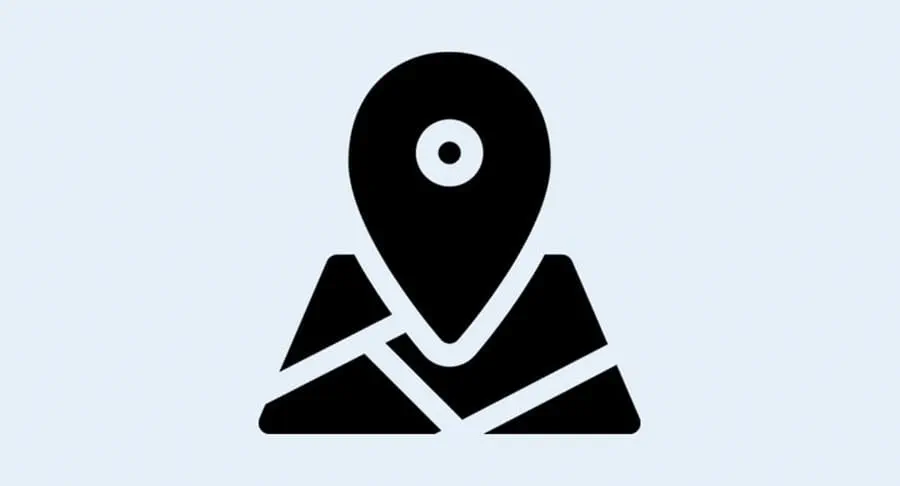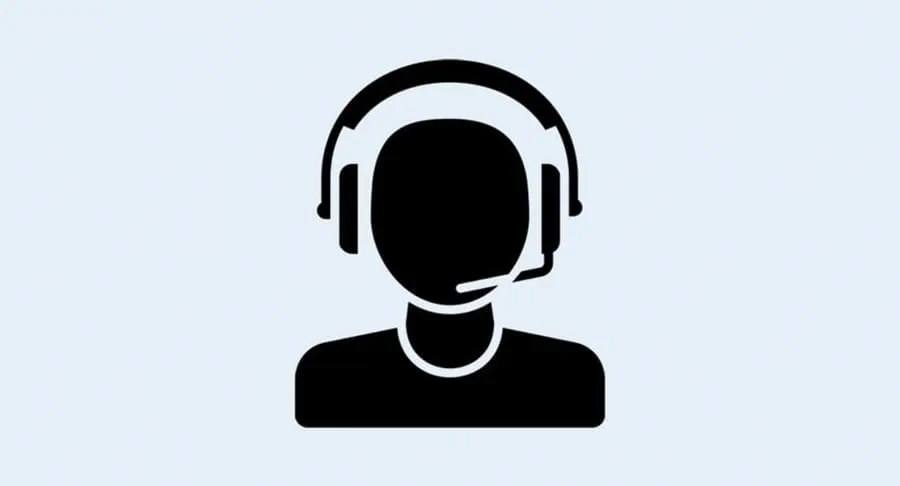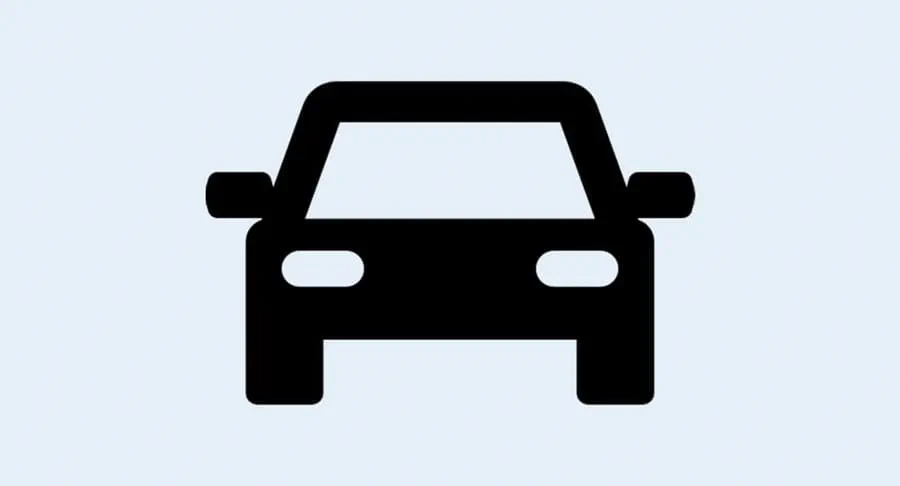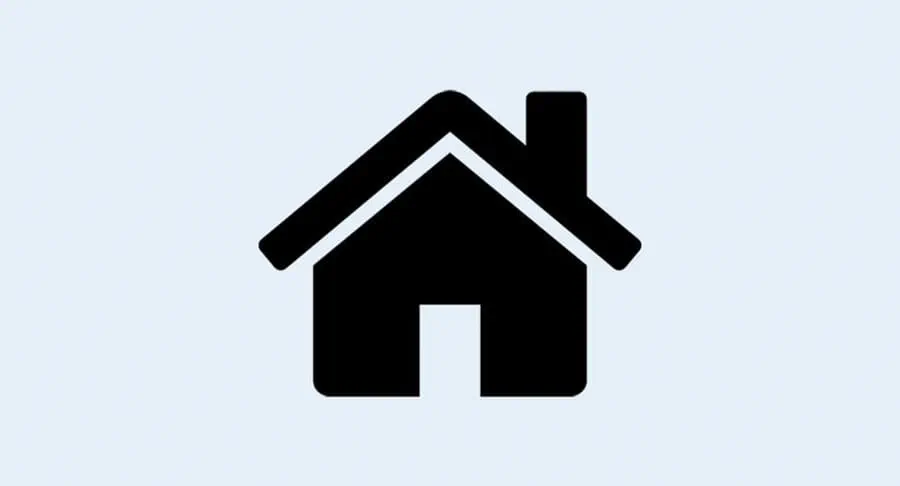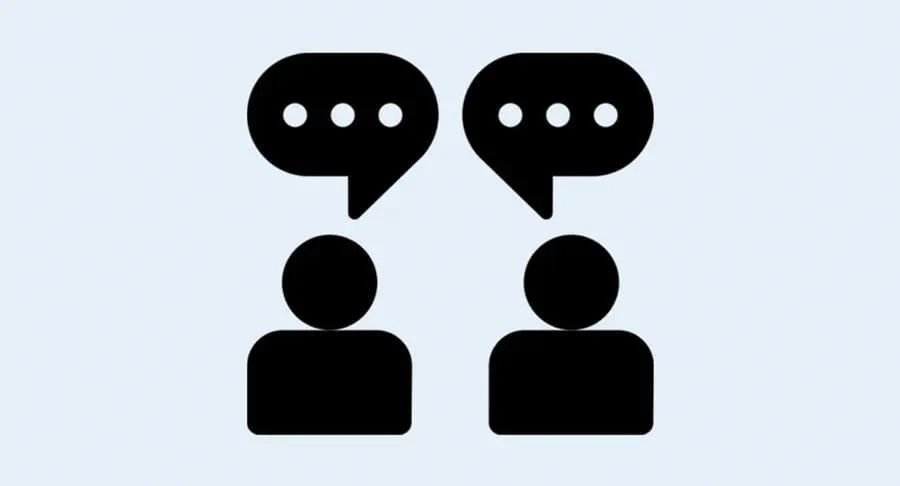Advanced cancer
In Canada, it is challenging to figure out how many people are dealing with advanced cancer due to inconsistent data collection. Data on the cancer stage at diagnosis is only available for certain types of cancer. Cancer stage is also not the only criteria for defining advanced cancer.
Everyone's experience with advanced cancer is different. When someone is diagnosed with advanced cancer, it can bring on feelings of grief and uncertainty for them and their families. Even though advanced cancer may not be curable, there are ways to help people with cancer and their families have a good quality of life for as long as possible. People that have advanced cancer and their caregivers and families often have physical, emotional and spiritual needs that aren't fully met. They also experience unique challenges and obstacles in accessing information and support that’s right for them.
No one should face a cancer diagnosis alone or lack access to the information and care they need. But for people facing an advanced cancer diagnosis and their loved ones, there can be unique challenges and barriers that make a cancer experience more difficult than it needs to be. The Canadian Cancer Society (CCS) acknowledges its responsibility to provide cancer information, support and practical services to people with advanced cancer, as well as advocate for healthy public policy and fund research focused on advancing health equity.
What is advanced cancer?
For CCS, advanced cancer is a cancer that is unlikely to be cured, and the focus of care changes in physical, emotional and practical ways. Advanced cancer is also known as metastatic, terminal, end-stage or stage 4 cancer. For some people, their cancer may already be advanced when it is diagnosed. For others, the cancer may not become advanced until years after it was first diagnosed.
CCS has released Advancing Health Equity Through Cancer Information and Support Services: Report on communities that are underserved. The report describes the gaps, barriers and challenges faced by 10 identified underserved communities, including people with advanced cancer. It offers insight on how to better engage with and improve supports for these communities who, like all people in Canada, deserve access to cancer care.
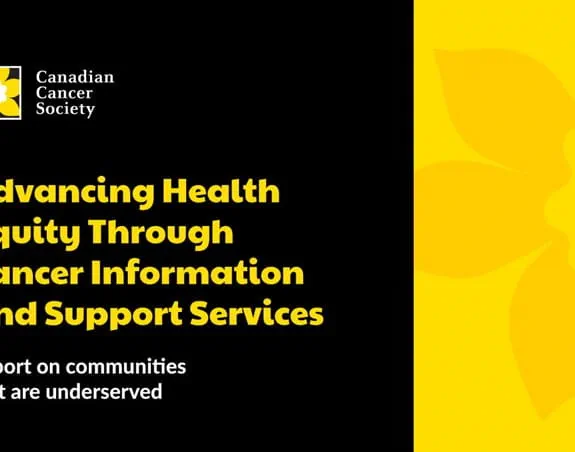
Our programs and services
Our cancer information, support and practical programs and services are for everyone in Canada, but here are ways that they support people with advanced cancer in particular.
Cancer information
Community Services Locator
Cancer Information Helpline
Wheels of Hope
Accommodations
Online cancer support community
Dauntless
When Dianne was finally ready to retire at age 66, she was diagnosed with stage 4 lung cancer. Hear about her treatment journey and how she found support through CCS and continued to move forward with living.
The plan to live
When cancer came back after she was cancer-free for 4 and a half years, Laura created a new plan for living with stage 4 breast cancer. She keeps shorter work hours and found support through the CancerConnection.ca community. To her, “living is the ultimate plan.”
